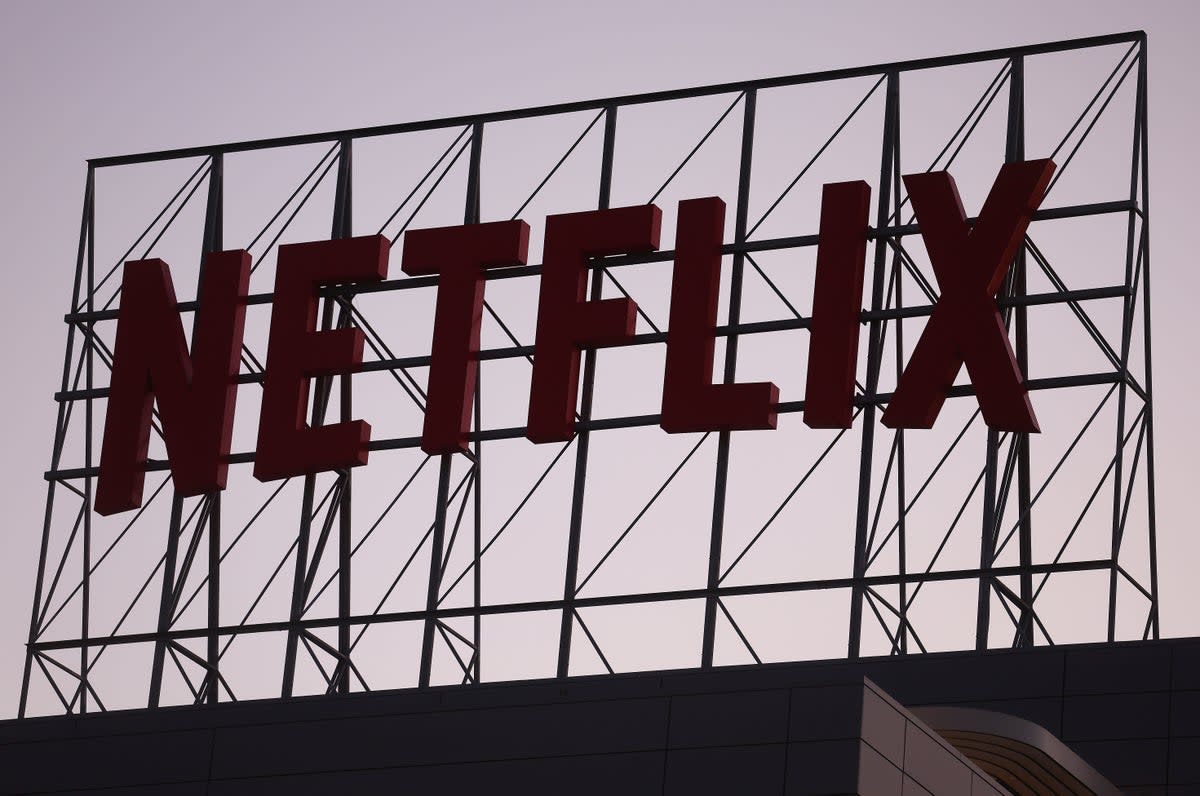Netflix to remove its cheapest ad-free subscription – as password crackdown pays off

Netflix will remove its cheapest ad-free subscription, it said as it reported record-breaking results.
The company does not let new members sign up for the ad-free Basic subscription, which costs $11.99 a month. But those who are already on it have been allowed to stay on it since.
Now, however, the company will get rid of the tier, starting in the UK and Canada. That will force customers either to go to the $6.99 tier, which comes with ads, or $15.49 for the cheapest plan that comes without ads.
The move is just one of a range recent changes from Netflix apparently aimed at encouraging customers to pay more for their subscriptions. It has claimed that it will offer new content to justify the higher subscription prices.
It also follows a crackdown on passwords, which Netflix said was also continuing to prove successful.
All of that meant that it continued to bring on new subscribers even amid rising prices and some suggestions that the company is offering less high-quality content. That allowed it to report record results in the final quarter of 2023.
The holiday season gains - the biggest Netflix has posted in the fourth quarter - exceeded the 8.8 million additional subscribers Netflix posted in the July-September period, which in turn jumped above the numbers recorded in the quarter starting the year.
The rising tide of customers left Netflix with more than 260 million global subscribers at the end of 2023 - an annual increase of nearly 30 million subscribers.
Last year’s performance was a stark contrast to 2022’s increase of 8.9 million subscribers - a lacklustre showing which raised questions over whether the video-streaming pioneer was losing steam amid stiffening competition for viewers.
But Netflix managed to bounce back, primarily through the rollout of a low-priced streaming plan which injected commercials into its service for the first time, combined with an effort to block viewers who had been accessing the service for free by using the passwords of paying customers.
At the same time, Netflix tightened its programming budget while also increasing the price of its top-tier streaming plan by 10% to help appease investors seeking higher profits.
That paid off in the latest quarter, which saw Netflix earn 937.8 million dollars (£739.3 million), or 2.11 dollars (£1.66) per share, up from net income of 55.3 million dollars (£43.6 million), or 12 cents (10p) per share, the same time in the previous year.
Revenue climbed 13% from the prior year to 8.83 billion dollars (£6.96 billion).
The revenue exceeded analysts’ forecasts, while earnings per share missed analyst targets, partly because of a 239 million dollar (£188.4 million) charge tied to its foreign debt.
Netflix‘s strategy has been a hit with Wall Street, reflected in a 65% increase in its stock price last year while shares of other media giants such as Walt Disney and Warner Bros Discovery have struggled to prove they can make money from their video-streaming services.
The company’s shares rose nearly 7% in Tuesday’s extended trading after its fourth-quarter numbers came out.
Additional reporting by agencies

 Yahoo News
Yahoo News 
